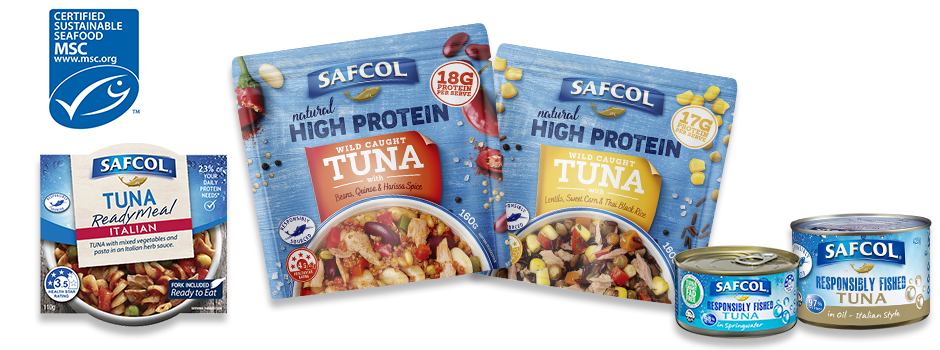Vit A, the Gut Microbiome and Autism Spectrum Disorder
Posted on : September 21, 2022
by Ashleigh Feltham Accredited Practising Dietitian and Accredited Nutritionist
The body requires many different nutrients for optimal function and health. When there are inadequate amounts of a particular vital nutrient, your body cannot function at its best, and your health can suffer. This includes inadequate levels of vitamin A in your diet.
Vitamin A is a fat-soluble vitamin that plays many roles in the body, including supporting vision, bone health, immune function and epithelial health. Fat-soluble vitamins dissolve in fat and are stored in the body until needed. Reaching optimal levels of fat-soluble vitamins is vital, but excess amounts do remain stored in the body and can cause toxicity.
A pilot or preliminary study has found that vitamin A may influence the health and balance of the gut microbiome. The Centre for Disease Control and Prevention defines autism spectrum disorder as ‘a developmental disability that can cause significant social, communication and behavioural challenges’.
 Children who have been diagnosed with ASD are commonly found to have gut dysbiosis — an imbalance in the gut microbiome towards less healthy varieties or an imbalance of microbes. Gut dysbiosis in those with autism spectrum disorder has been well studied and varies depending on the severity of the autism spectrum disorder as well as whether the person also has anxiety or depression.
Children who have been diagnosed with ASD are commonly found to have gut dysbiosis — an imbalance in the gut microbiome towards less healthy varieties or an imbalance of microbes. Gut dysbiosis in those with autism spectrum disorder has been well studied and varies depending on the severity of the autism spectrum disorder as well as whether the person also has anxiety or depression.
Vitamin A plays many important roles including supporting a healthy gut lining. Research suggests it may also affect the health of the gut microbiome in children with ASD. Sixty-four children aged between one and eight years of age with autism spectrum disorder were studied over a six-month period. The proportions of different gut bacteria were reported before and then at after six-months of supplementation with vitamin A.
After six months, the ratio of more beneficial bacteria increased and less health-promoting bacteria decreased. Specifically, the ration of bacteroidetes/bacteroidales and bacteroidetes/fimicutes significantly increased, and the proportion of bifidobacterium significantly decreased. Bifidobacterium is a strain found commonly in high levels in those with ASD. This research was a pilot study, so more investigation is required into the potential positive impact of vitamin A on the gut microbiome.
This study implemented a supplemental form of vitamin A, but the best and most effective method of maintaining the body’s vitamin A requirements is through diet. Good sources of vitamin A include eggs with yolk, whole dairy products, liver, seafood, carrots, pumpkin, sweet potato and leafy green vegetables like broccoli, kale and spinach.
Take home message
If your child has autism spectrum disorder, it is worthwhile consulting an Accredited Practising Dietitian to ensure their diet is balanced and all food groups are included for overall health and function. With a balanced diet, an adequate level of vitamin A is absorbed through whole food nutrition, promoting a healthy gut microbiome to help ease the challenges of autism spectrum disorder.
References:
-
- Liu J, Liu X, Xiong XQ, Yang T, Cui T, Hou NL, Lai X, Liu S, Guo M, Liang XH, Cheng Q, Chen J, Li TY. Effect of vitamin A supplementation on gut microbiota in children with autism spectrum disorders – a pilot study. BMC Microbiol. 2017 Sep 22;17(1):204. doi: 10.1186/s12866-017-1096-1. PMID: 28938872; PMCID: PMC5610466.
- Vitamin A and Carotenoids, National Institute of Health.
- What is Autism Spectrum Disorder? Autism Spectrum Disorder (ASD). Centre of Disease Control and Prevention.
- Vitamin A. National Cancer Institute.




